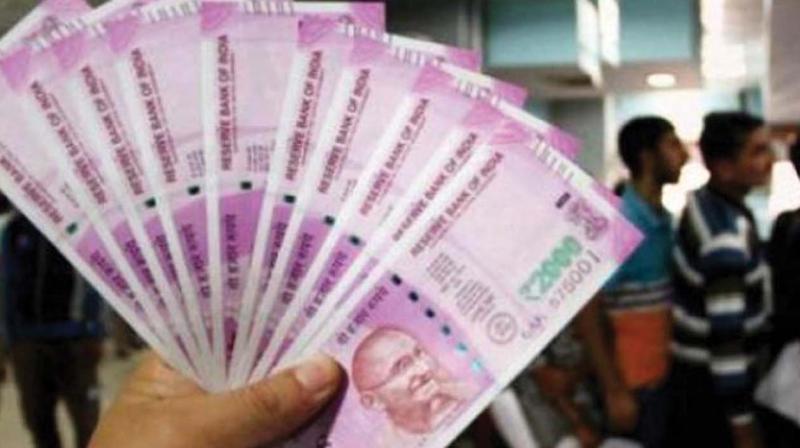Inactive Personal Deposit accounts cost Kerala Rs 200 crore
It has been found that during 2015-16 alone, Rs 153.15 crore was blocked up in 236 accounts in 50 treasuries alone.

Thiruvananthapuram: The Treasury Department’s unwillingness to close accounts that have remained non-operational for three years and more might have deprived the state of at least Rs 200 crore. Rules have mandated that a Personal Deposit (PD) account that has not been in operation continuously for more than three years should be closed and the balance transferred to the state’s revenue deposit.
It has been found that during 2015-16 alone, Rs 153.15 crore was blocked up in 236 accounts in 50 treasuries alone. (The state has 23 district treasuries, 200 sub-treasuries, 12 Stamp depots and one e-treasury.) Out of this, Rs 4.82 crore had been credited back to revenue but Rs 148.33 crore remained "unadjusted" in 174 PD accounts.
Similarly, as per Treasury Savings Bank Rules, accounts which remain inoperative for more than five completed financial years will cease to bear interest, and the balance outstanding in such accounts should be transferred to the Revenue Deposit. It has been observed that in many treasuries money was available in 383 un-operated accounts.
It was also observed that in 92 treasuries, over 99 percent of the money drawn as advance was not settled. Out of Rs 121.67 crore (involving 389 cases) drawn as advance, Rs 121.01 crore (327 cases) were not settled by presenting final bills. “Non-settlement of advances distorts the correctness of expenditure booked in government accounts,” a top Finance Department official said.
Excess retention of cash balance was also noticed in treasuries and sub-treasuries. According to the Treasury Code, every year in January, the state government fixes the maximum cash balance for each District Treasury for the next financial year. The District Treasury Officer in turn fixes the cash balance for each Sub Treasury in the district.
“The actual cash balance in treasury should ordinarily be kept much below the normal maximum balance fixed for a treasury so that Government’s credit balance in the Reserve Bank of India may be as large as possible,” the official said. “Moreover excess retention of cash balance in treasuries may cause loss of revenue to the State by way of loss of interest on investment, payment of interest on ways and means advances,” he added.

